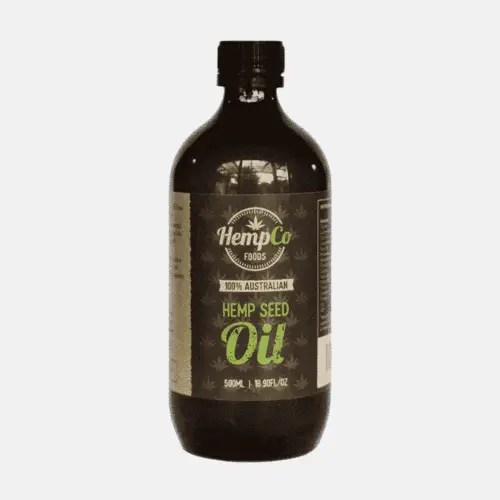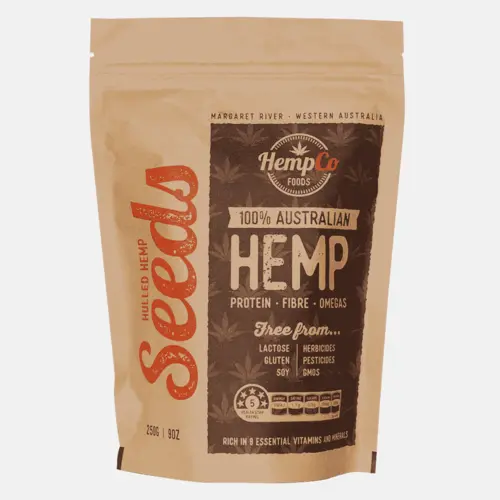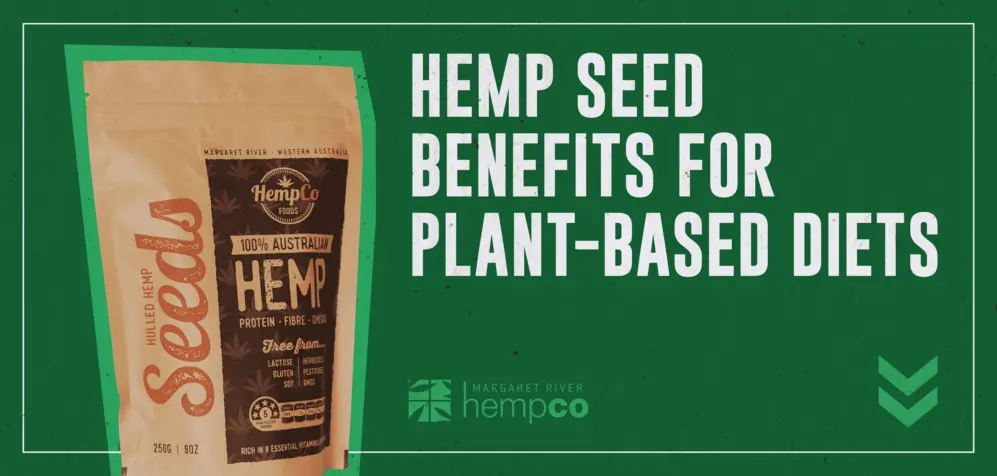
The rise of plant-based diets is undeniable, with more and more people opting to transition to a diet fueled by plants. However, alongside this rise, there is a growing concern for many people not being able to attain proper nutrition if their diet is not done correctly. Continue reading below to discover more!
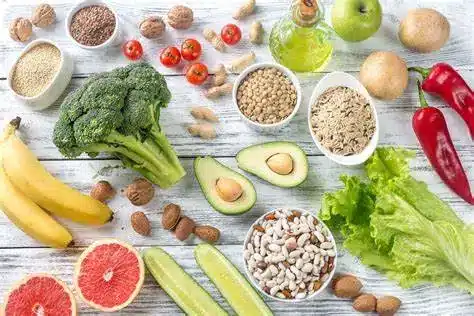
Although any diet can lack specific nutrients, vegetarian or plant-based diets leave more people susceptible to nutrient deficiencies - partially thanks to the heavy reliance we have placed on animal-based foods for our nutrients over the years.
That is not to say that everybody on a plant-based diet will lack nutrients, and many don't even need to supplement.
Like every other diet in the world, the key to eating a healthy plant-based diet is ensuring a well-rounded balance of whole foods rich in various nutrients. However, there are some essential nutrients many plant-based diets can struggle to meet, such as:
Many of these nutrients have been obtained from meat, dairy and eggs for so long that people often don’t even stop to consider them.
However, despite that, all of these nutrients are equally important in keeping your body as healthy as possible. Let's take a deeper look at some of these nutrients that could be lacking in a plant-based diet:
Vitamin B12 is often the forefront nutrient sceptics may use to ‘combat’ plant-based diets. This is because vitamin B12 is nearly always only present in meat, dairy or eggs, leaving many plant-based diets lacking in this. However, this can be combated with supplements or vitamin B12-enriched foods very easily.
Vitamin D is a widely known vitamin and is considered an essential nutrient every person’s body needs to work. Vitamin D is available in two forms - D3 in animal sources and D2 in plant-based sources.
Vitamin D3 is considered the more optimal of the two as it also helps the body convert sun-based vitamin D, which can lead people on plant-based diets to lack vitamin D.
Iron is one of the most common deficiencies around the globe, with even people who eat meat having iron deficiencies. Iron is essential in providing heat and energy to the body, making haemoglobin and hormones as well as transporting oxygen throughout the body, making it a vital nutrient to have optimal levels of.
Iron can be found in both animal and plant-based sources, although animal sources tend to be higher and more bioavailable.
A less commonly spoken nutrient that can sometimes be lacking in plant-based diets is taurine. Taurine is found in the brain, heart and liver, and although scientists can't pinpoint its exact function, it is believed to play a role in the mentioned organs' general health.
Unfortunately, Taurine is also only found in animal-based sources, which can leave room for plant-based diet taurine deficiencies.
So by now, you may be wondering, what exactly is hemp’s role in all of this? As established, plant-based diets need a well-rounded, balanced and available blend of nutrients to be maintained.
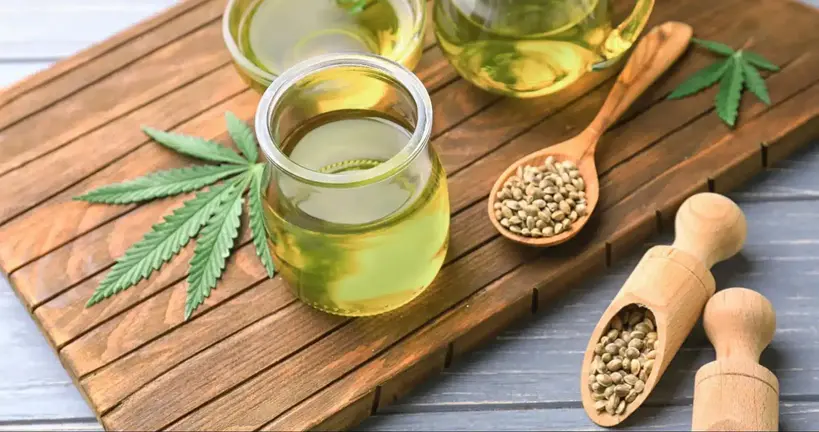
Although hemp seed oil is not a one-size-fits-all nutrient deficiency cure, it can certainly help those on plant-based diets to maintain a healthy diet while boosting some of the nutrients they may be lacking, such as:
One of the biggest draws to hemp seed oil for many vegans and vegetarians is its bountiful range of essential nutrients that make it an ideal, plant-based and utterly natural supplement all on its own.
Thanks to hemp seed oil's array of protein, fat, vitamins and minerals, this helpful plant offers a fantastic nutrient-rich supplement for everybody! Let's look at hemp's nutritional value compared to the RDA of a balanced adult diet*.
*Measurements are based off of 3 tbsp of hemp seeds
For anyone on or looking to embark on a plant-based diet journey, having hemp seed oil or hemp seeds alongside you is a fantastic way to boost your overall nutrient intake and help you maintain a healthier, balanced diet without even thinking about it.
There is a wide variety of products on the market that can be used to help such as our Australian grown, processed and made hemp seed on our website.
